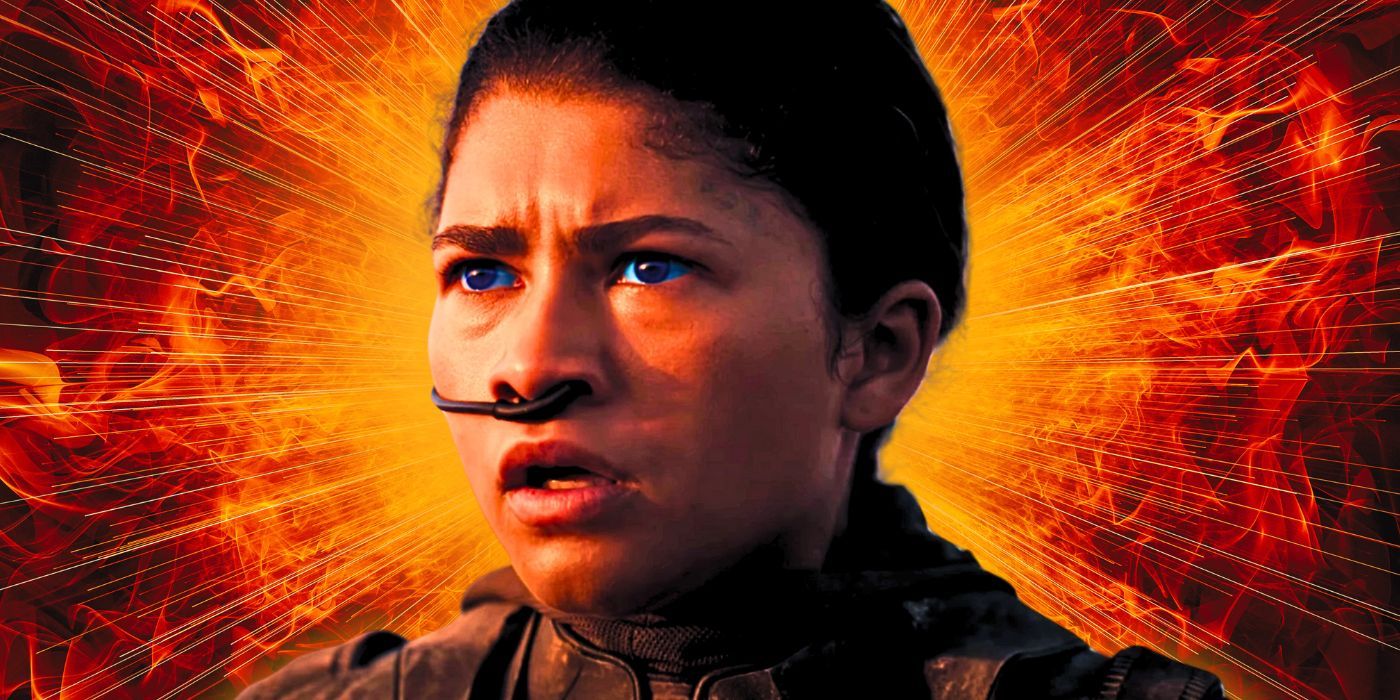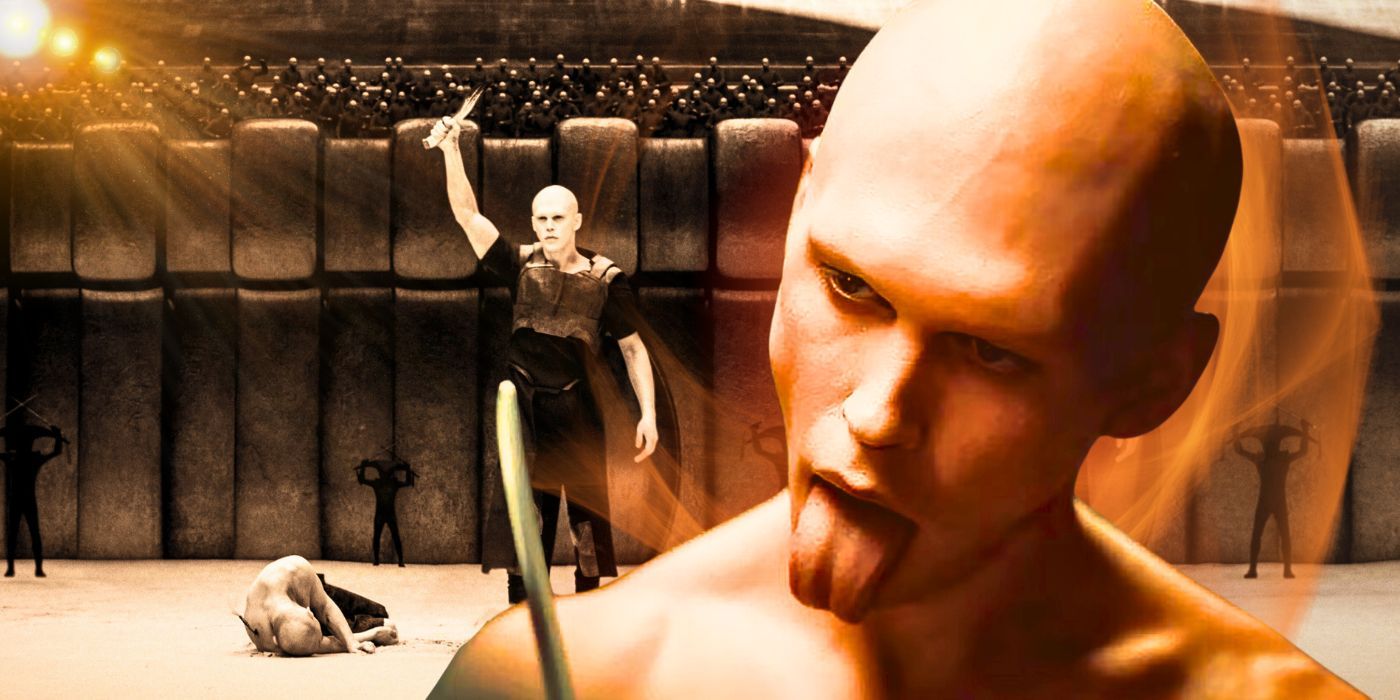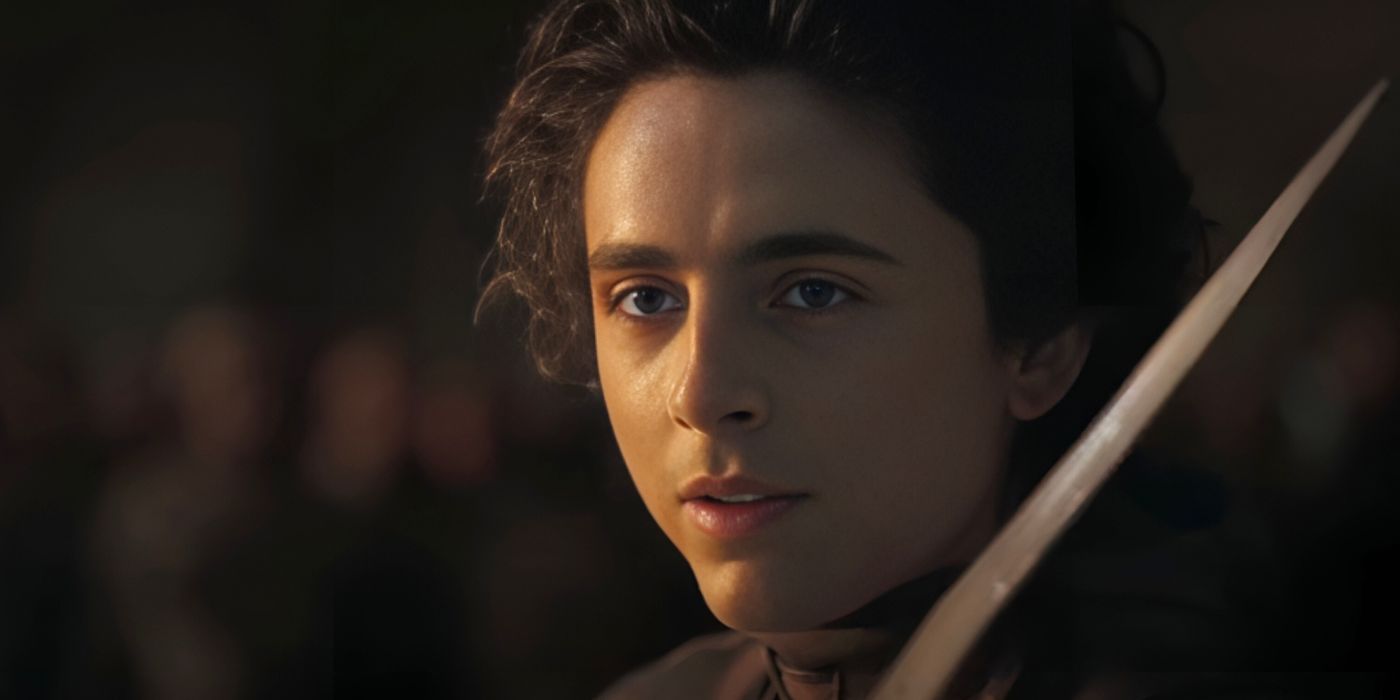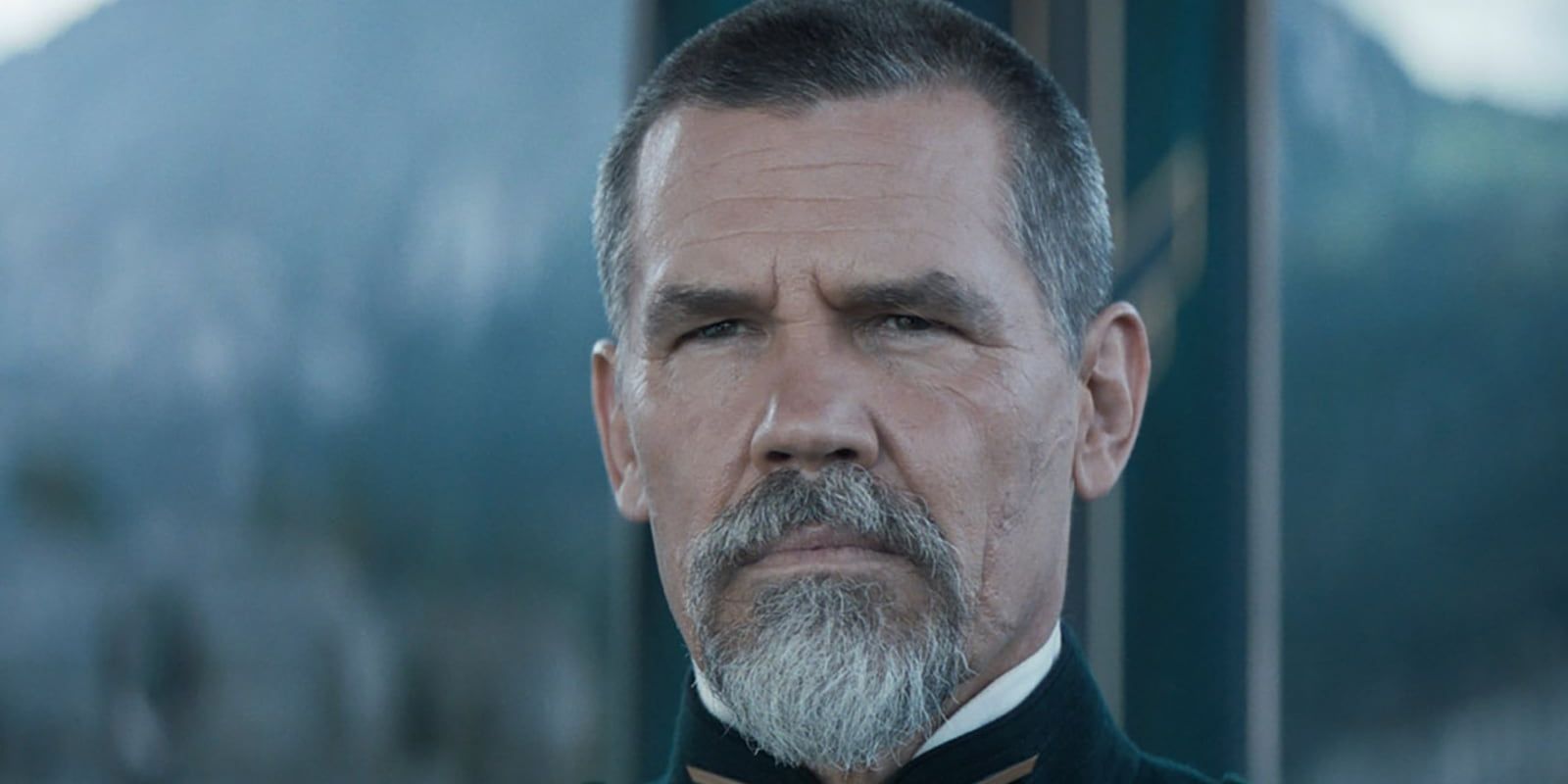Summary
- Josh Brolin convinced Villeneuve to keep in the F-bomb in Dune: Part Two after initially resisting.
- The director initially wanted Brolin to say "Tabarnak" instead, but later agreed on the curse word.
- Maintaining a PG-13 rating, the film refrains from excessive violence & gore, and one use of a F-bomb.
Josh Brolin explains how he kept in Dune: Part Two’s F-bomb even when Denis Villeneuve resisted. Brolin plays Gurney Halleck in the film, who is the War Master of House Atreides. Gurney also serves as a mentor to Timothée Chalamet’s Paul Atreides. In addition to Chalamet and Brolin, Dune: Part Two's cast includes Zendaya, Rebecca Ferguson, Javier Bardem, Austin Butler, Florence Pugh, Dave Bautista, Anya Taylor-Joy, and Christopher Walken.
Per Collider, Brolin details how he convinced Villeneuve to give his character the only F-bomb in the film. This moment comes when Gurney “sees the mothership come in and crash.” Brolin felt it natural to curse in reaction to this moment, but Villeneuve was far more resistant. The director wanted him to say “Tabarnak,” which Villeneuve explained to Brolin was a “huge thing” in Canada. Brolin thought it would be silly to say this, but humored Villeneuve by trying. The director eventually relented that the curse word felt more natural. Check out the full quote from Villeneuve below:
There’s a shot where there’s the harvester in the background and Gurney’s walking really softly and slowly, and then he looks over, and he sees the mothership come in and crash after that whole thing, and Gurney says, like, ‘F*ck,’ or something like that, right? And Denis kept saying, ‘Say, ‘Tabarnak.’’ I was like, ‘Why?’ He said, ‘Say, ‘Tabarnak.’’ And I was like, ‘But nobody’s gonna know what I’m talking about. Isn’t that gonna take them out of the movie?’
And he said, ‘No, it’s great. In Canada, that’s a huge thing.’ I go, ‘Yeah, but we’re not in Canada. Nobody’s gonna understand what that is.’ And I tried it — they have it on film — and it sounds super bad. Then he finally came up to me at the end, and he goes, ‘Just say, ‘f*ck.’’ And that’s what ended up there.
How Dune: Part Two Maintains A PG-13 Rating
The Series Doesn't Need R-Rated Elements To Be A Success
Though it did not make the final cut, it is believable that “Tabarnak” would have sounded ridiculous in Dune: Part Two. As Brolin suggested, it would have taken audiences out of the film. It may have caused confusion with the actual fantasy languages present in the Dune universe, including the Sardaukar language. It also makes sense though, that Villeneuve wanted to be sparing with the use of the F-word.
Sticking to one F-bomb is part of how Dune: Part Two maintains its PG-13 rating. The film also refrains from showing large amounts of blood that would necessitate the R-rating. There is plenty of violence — for hundreds of Harkonnens and Fremens are killed in battle — but to say that the bulk of the death is witnessed from afar and not through more grizzly, gory images. Even the final fight scene between Paul and Feyd Rautha in Dune 2's conclusion spares Feyd the majority of his bloodshed, revealing the stabbing without emphasizing his body.

Where Chani Goes At The End Of Dune 2 & What It Means For Dune 3
Chani's decision to leave at the end of Dune: Part Two was shrouded in mystery, and it has massive implications for the future of the story.
When any huge PG-13 movie like Dune: Part Two comes out, there tends to be discourse as to whether it was right for the film to be PG-13. For the Dune series, it makes sense to avoid an R rating. The languages and images already exist in a sci-fi/fantasy universe, so the intrigue comes more from the lore and the employment of beasts like sandworms during wartime rather than blood, guts, and swearing. Even so, Brolin still managed to get Villeneuve to include one F-bomb in Dune: Part Two.
Dune: Part Two is available to rent or purchase on VOD.
Source: Collider





